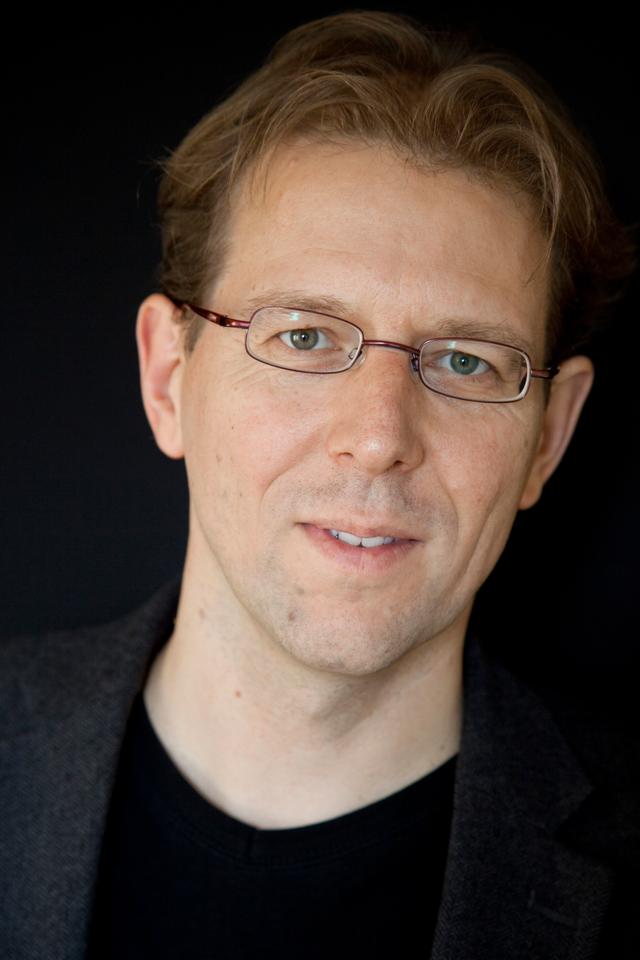A World of Patterns
The idea that the world can be understood through patterns and the principles that govern them is one of the most important human insights and may be our greatest survival strategy. Our search for patterns and principles, and the systematic knowledge they form, began at least 40,000 years ago when striped patterns were engraved on mammoth’s bones.

Since then, which roads has human knowledge wandered to develop into today’s scientific understanding of nature and culture? Which detours and dead ends? In a work of unprecedented scope, Rens Bod removes the Western natural sciences from their often-central role to bring us the first global history of human knowledge. Having sketched the history of the humanities in his acclaimed and ground-breaking A New History of the Humanities, Bod now adopts a broader perspective, stepping beyond classical antiquity, back to the Stone Age in order to answer the question: where did our knowledge of the world today begin and how did it develop?
His approach is poly-centric and multi-disciplinary, drawing on simultaneous developments in all five corners of the inhabited world. Focusing on ten disciplines – astronomy, mathematics, mechanics, medicine, linguistics, historiography, musicology, philology, law and art theory – he examines to what degree their progressions and protagonists can be considered interwoven with one another and to what degree we can speak of global trends.
Building on his previous book, at times amending it with new findings, A World Full of Patterns will offer startling connections to a wide audience. Bod reveals that inoculation was invented in China rather than Europe; that many of the fundamental aspects of mathematics and astronomy were in fact first discovered by the Indian Kerala-school (and only later by figures like Leibniz and Pascal); and that our approaches to law provided fundamental models for astronomy and linguistics from Roman to Ottoman times – to name but a few.
In this vital and pioneering work, Bod fulfils what he sees as the historian’s responsibility: he preserves and grants us access to history’s goldmine of ideas. His prose brims with enthusiasm as he flies across continents and eras. The result is an enlightening, joyful symphony, a stirring chorus of human inquisitiveness extending throughout the ages.
